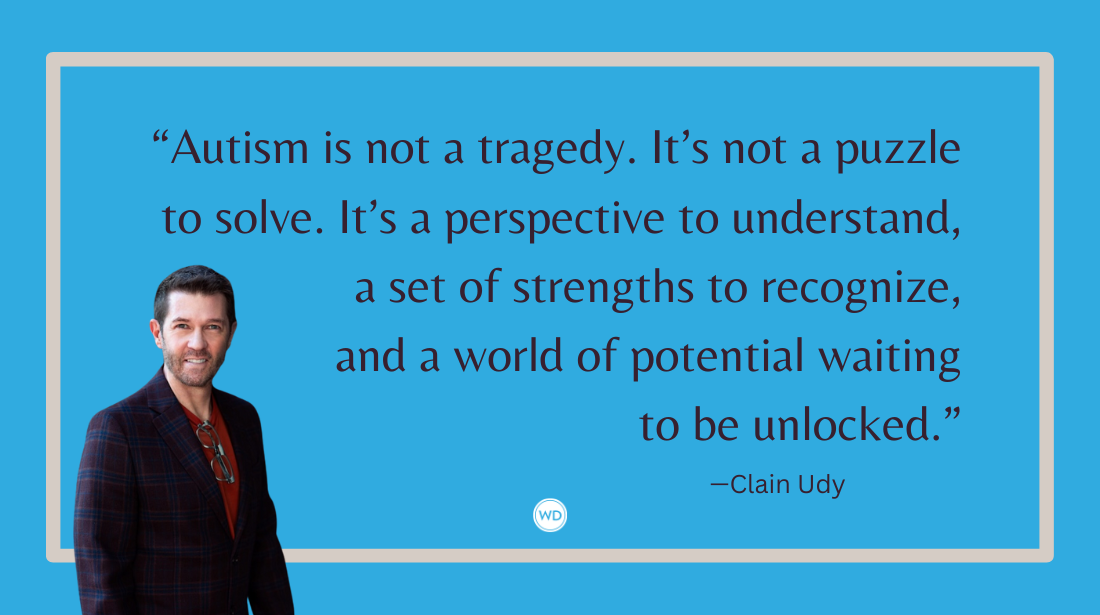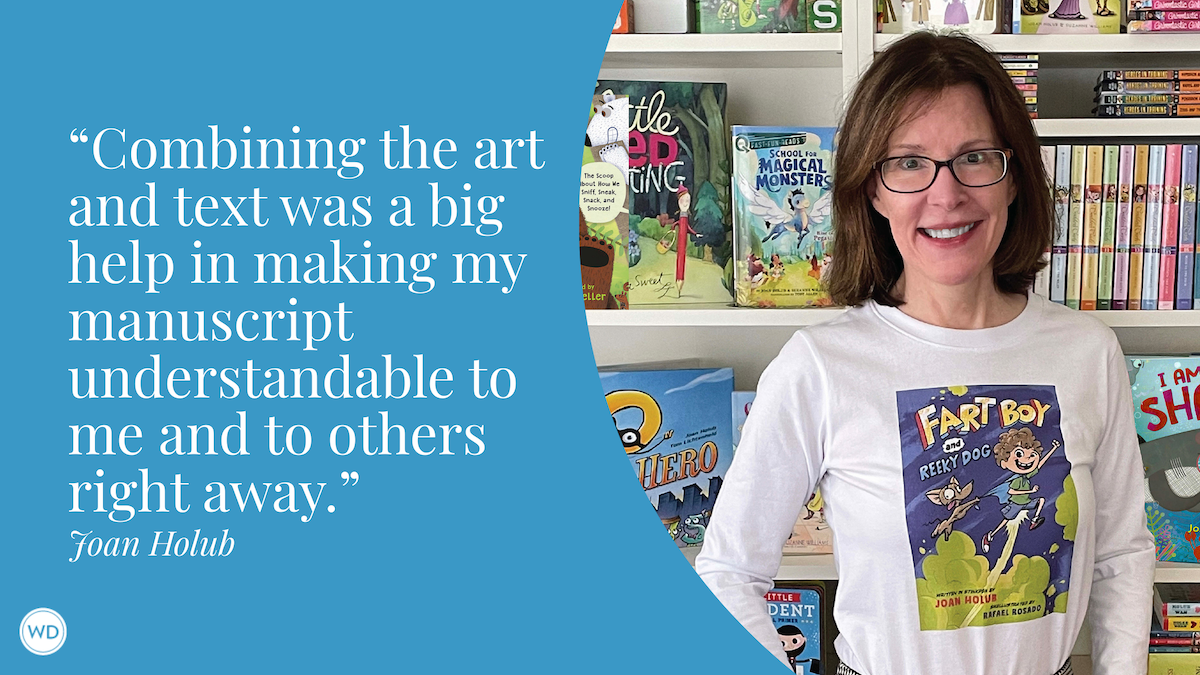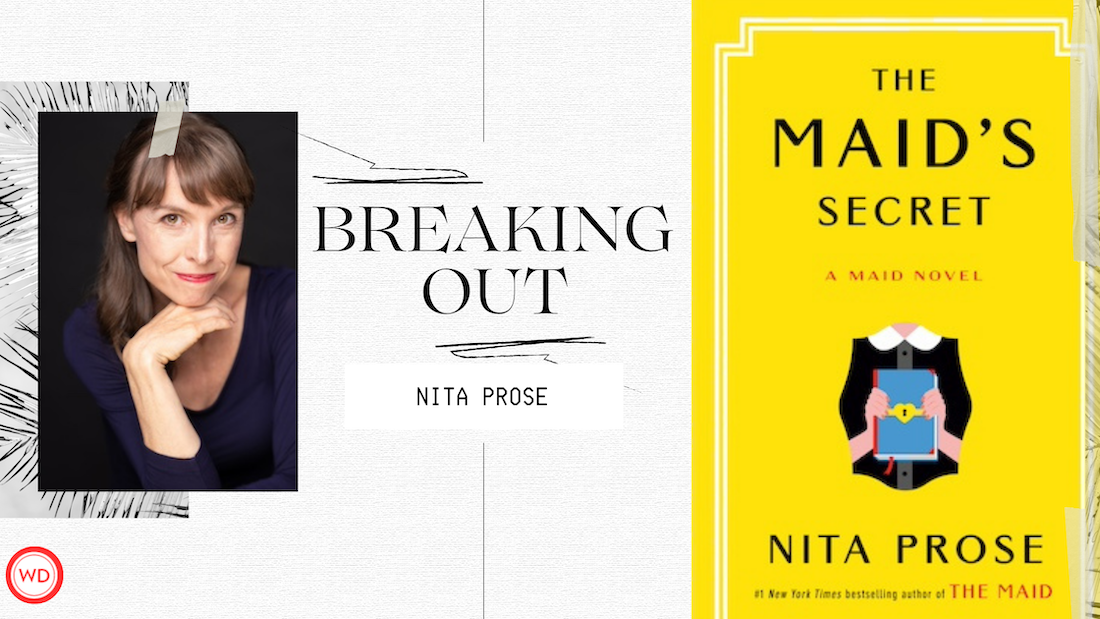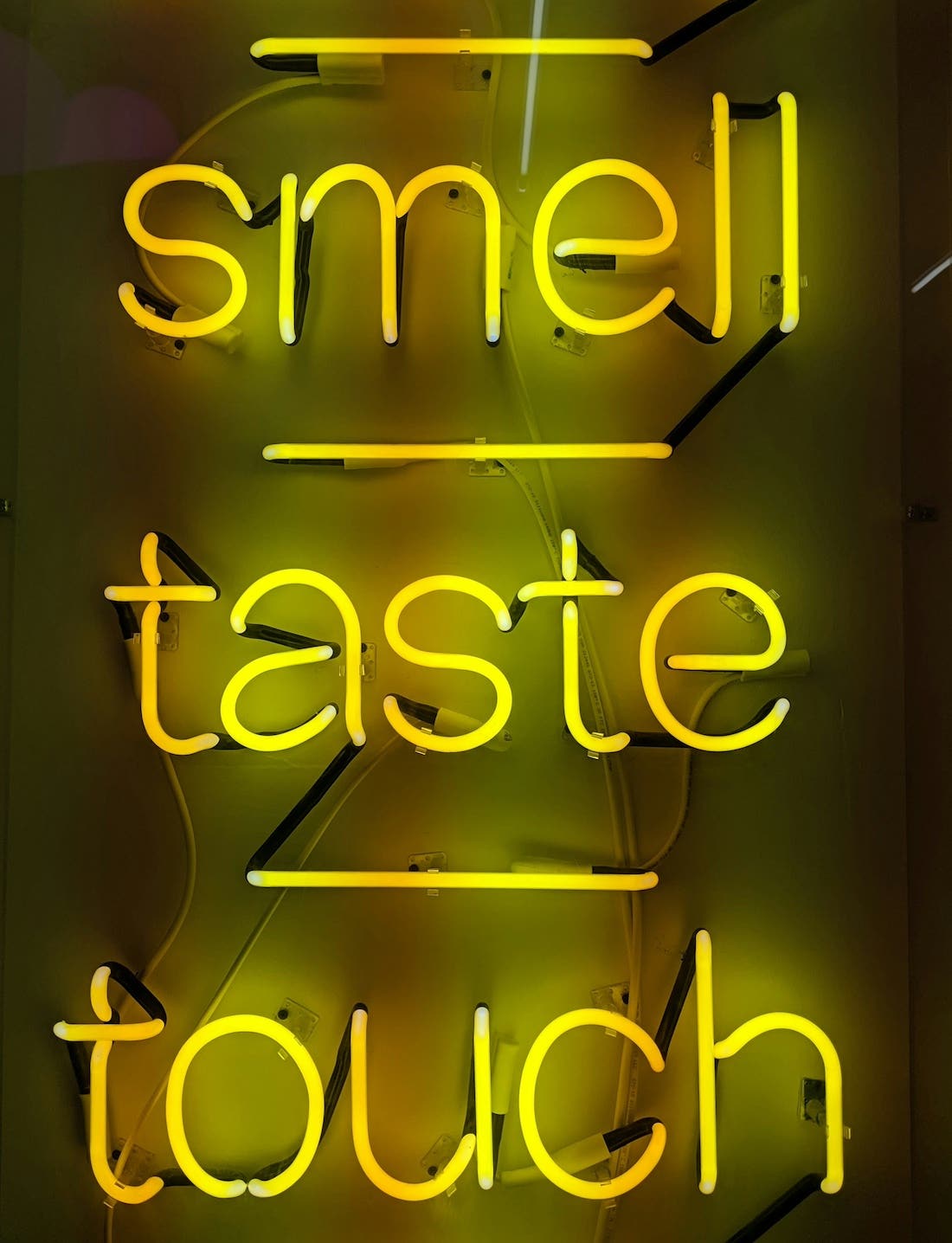Nawaaz Ahmed: On Personal Identity in Literary Fiction
Nawaaz Ahmed discusses how his personal experiences acted as the impetus for his new book, Radiant Fugitives, and how it went from novella to novel.
Nawaaz Ahmed holds an MFA from University of Michigan–Ann Arbor and is the winner of several Hopwood Awards. His fiction has appeared in the Sonora Review, and has been performed at the Sterling Music Room.
In this post, Nawaaz discusses how his personal experiences acted as the impetus for his new book, Radiant Fugitives, how it went from novella to novel, and more!
*****
*****
Name: Nawaaz Ahmed
Literary agent: Anjali Singh, Ayesha Pande Literary
Book title: Radiant Fugitives
Publisher: Counterpoint Press
Expected release date: August 3, 2021
Genre/category: Literary Fiction
IndieBound | Bookshop | Amazon
[WD uses affiliate links.]
Elevator pitch: Radiant Fugitives follows two Indian Muslim sisters—one a lesbian, the other devoutly religious—as they grapple with their frayed relationship in an America where both sisters still haven’t found their footing.
What prompted you to write this book?
I’m a gay Muslim immigrant from India. I wanted to explore my complicated relationships with the religion into which I was born and the country to which I’d immigrated in hopes of being able to embrace my sexuality. And underneath it all, the question: how do we choose how to live, how do we reconcile ourselves with the choices we make?
How long did it take to go from idea to publication? And did the idea change during the process?
I woke up one morning with a striking opening line and a scene in my mind: two sisters sipping tea, one in her last week of pregnancy and the other there to help in the delivery, their dying mother asleep in the adjacent room, the air tense from years of estrangement.
I wrote the scene down immediately. This was 2007, after I had quit my job at Yahoo researching search engines, hoping to attend an MFA program in writing. I intended to develop it as a novella, perhaps one of a trio exploring immigrant Muslims in America. Three hundred-page novellas felt less intimidating than embarking on a novel. I’d only written a few short stories at that time.
During my MFA, a couple of years later, I realized that I had the seeds for everything I wanted to explore in one story if I made the pregnant sister a lesbian and a political activist. But the novel didn’t flow until I discovered the narrator—puzzling over the voice of the opening line which belonged to neither of the two sisters, it struck me that it was the voice of the baby being birthed into their world. The first draft then took a year and half of daily writing. Several drafts followed, before and after finding my agent, for a total of almost ten years. The core has remained the same, with the just-born baby chronicling the events leading to his birth. But, from an initial 100,000 words the novel grew to twice that before contracting to its current length, as I wrestled with bringing to life the America the baby was inheriting, an America in which the hope of unity that President Obama had lit was fast fading. The opening line moved to the end of the novel, the baby finally achieving his true voice.
Were there any surprises or learning moments in the publishing process for this title?
The book was acquired in fall of 2019 by Counterpoint Press, and the pandemic hit before I began work on revisions with my editor. I feared, in those early days of the lockdown, that my novel would slip through the cracks—who would want to expend energy on my novel when the world seemed to be coming apart, when even I questioned its importance and relevance? I’m grateful to my editor for his love and commitment to the world of literature and ideas, for the care and cheer with which he shepherded my book and me through the process, despite the challenging times. I’m inspired, too, by the talent, hard work and dedication of everyone working behind the scenes to bring the book out—it really takes a village.
Were there any surprises in the writing process for this book?
I’d made many choices about the form of the book intuitively in the initial pages of the first draft—the short sections the novel is narrated in, the shifting perspectives, the decision of the baby to address his grandmother directly, the inclusion of lines from the Quran and John Keats’s poetry and Obama’s speeches, etc., not questioning any of them. This freedom allowed me to finish the first draft, but later I had to make sense of them, to decide if they really worked together. There were many aha moments when I finally understood what a particular choice had enabled and how it fit in, but some choices didn’t feel resolved until the final draft.
What do you hope readers will get out of your book?
I hope readers who come to my book for a story about an Indian Muslim family will take away a story about all of us in this deeply divided world, about the empathy and understanding needed to help bridge our differences.
If you could share one piece of advice with other authors, what would it be?
This is advice for myself as well: Hold on to the spark that made you want to write in the first place. This includes the reasons why you read. (For me, my favorite memories of reading involve stumbling upon passages that suddenly seemed to offer up the world to me.) Write the book you want to read. The rest—publishing, book sales, reviews, awards—are not things you control.
Robert Lee Brewer is Senior Editor of Writer's Digest, which includes managing the content on WritersDigest.com and programming virtual conferences. He's the author of 40 Plot Twist Prompts for Writers: Writing Ideas for Bending Stories in New Directions, The Complete Guide of Poetic Forms: 100+ Poetic Form Definitions and Examples for Poets, Poem-a-Day: 365 Poetry Writing Prompts for a Year of Poeming, and more. Also, he's the editor of Writer's Market, Poet's Market, and Guide to Literary Agents. Follow him on Twitter @robertleebrewer.








